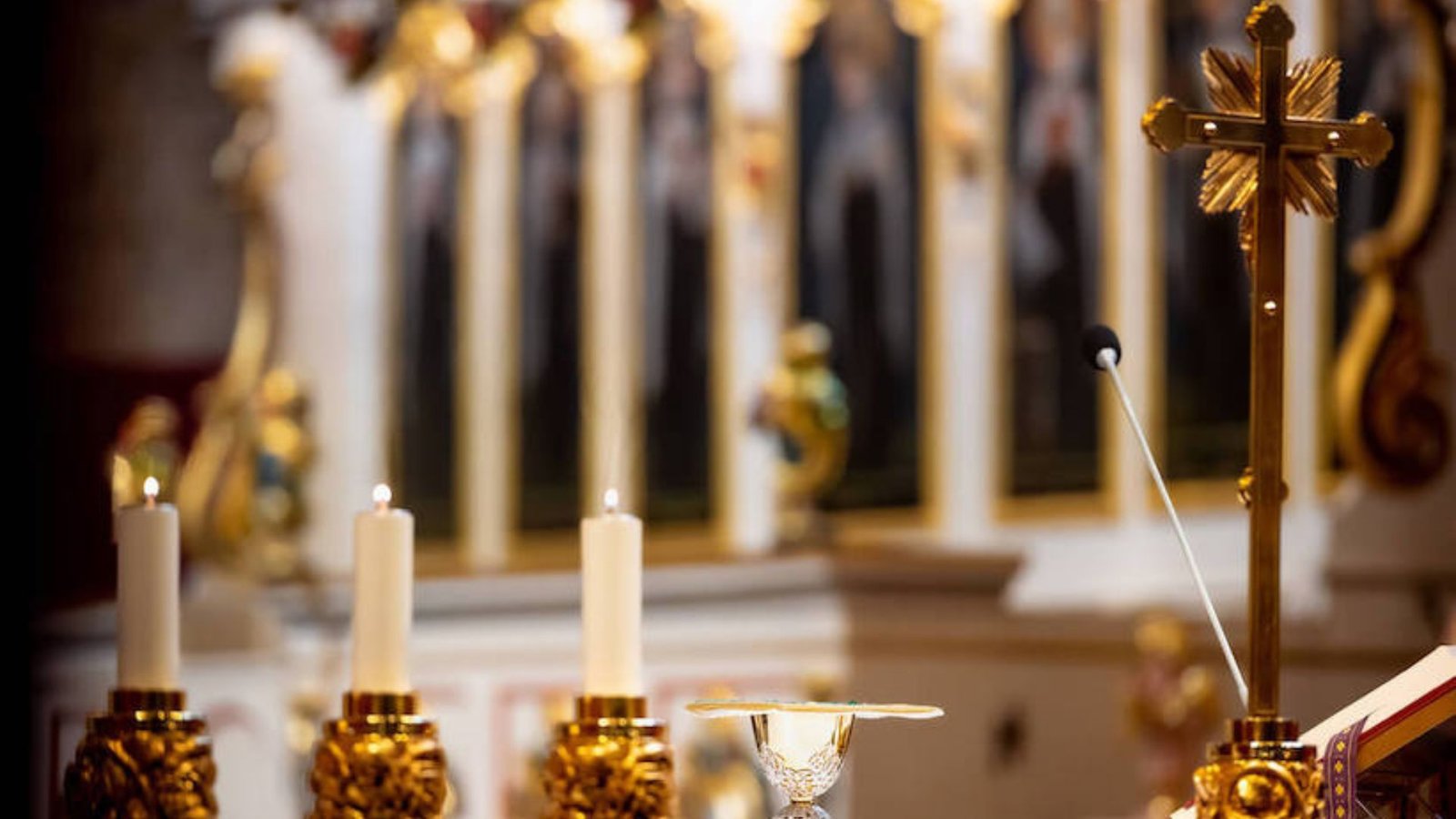The role of worship in non-denominational churches plays a central part in shaping their community and spiritual experience. Non-denominational churches emphasize a flexible approach to worship that reflects their commitment to inclusivity and personalization. Unlike traditional denominations with set liturgical practices, these churches offer a dynamic and contemporary worship environment that appeals to a broad audience. This flexibility allows for a diverse range of worship styles, which enhances the overall spiritual experience and fosters a strong sense of community.

Embracing Contemporary Worship Styles
In non-denominational churches, worship often incorporates contemporary styles that resonate with a wide demographic. These churches embrace modern music, informal settings, and interactive services, creating an engaging atmosphere for attendees. Contemporary worship styles make church services accessible and relatable, especially to younger generations who might feel disconnected from traditional practices.
The role of worship in non-denominational churches includes integrating various musical genres and creative elements into the service. For instance, many churches feature contemporary Christian music, live bands, and multimedia presentations that enhance the worship experience. This approach allows individuals to connect with their faith in a manner that feels fresh and relevant.
Additionally, non-denominational churches often prioritize creating a comfortable environment where people can freely express their worship. Unlike more formal settings, these churches encourage casual dress codes and a relaxed atmosphere. This inclusivity helps attendees feel more at ease and open during worship, fostering a deeper connection with their spiritual practices.
Fostering Community Through Worship
The role of worship in non-denominational churches extends beyond the service itself to include building a strong sense of community. These churches use worship as a tool to bring people together, fostering relationships and support networks within the congregation. By engaging in shared worship experiences, individuals form bonds that enhance their sense of belonging.
Small groups and fellowship activities are common in non-denominational churches, often facilitated by the worship experience. For example, worship services may be followed by group discussions, prayer meetings, or social events that encourage interaction among attendees. These activities help to deepen relationships and strengthen the community.
Furthermore, non-denominational churches often focus on creating an inclusive worship environment that welcomes individuals from diverse backgrounds. This inclusivity extends to community outreach programs and service projects, which are frequently integrated into the worship experience. By actively involving members in these efforts, non-denominational churches reinforce the idea that worship is not only about personal spiritual growth but also about making a positive impact on the wider community.
Encouraging Personal Spiritual Growth
Another significant aspect of the role of worship in non-denominational churches is its impact on personal spiritual growth. These churches emphasize the importance of personal connection with God and offer various opportunities for individuals to explore their faith. Worship services are designed to inspire and support personal spiritual development through engaging and relevant messages.
Non-denominational churches often feature sermons that address contemporary issues and encourage personal reflection. By focusing on practical applications of biblical teachings, these messages help individuals connect their faith with everyday life. This approach allows worship to become a catalyst for personal transformation and spiritual growth.
Moreover, non-denominational churches frequently provide resources such as Bible studies, devotional materials, and spiritual counseling to support individual growth. These resources complement the worship experience and offer additional avenues for exploring faith and deepening one’s relationship with God.
Conclusion
The role of worship in non-denominational churches is pivotal in creating a dynamic, inclusive, and supportive community. By embracing contemporary worship styles, fostering a strong sense of community, and encouraging personal spiritual growth, these churches effectively engage their congregations and enhance their spiritual experiences. The flexible and relatable approach to worship in non-denominational churches reflects their commitment to inclusivity and relevance, making them a vibrant space for faith exploration and community building.











